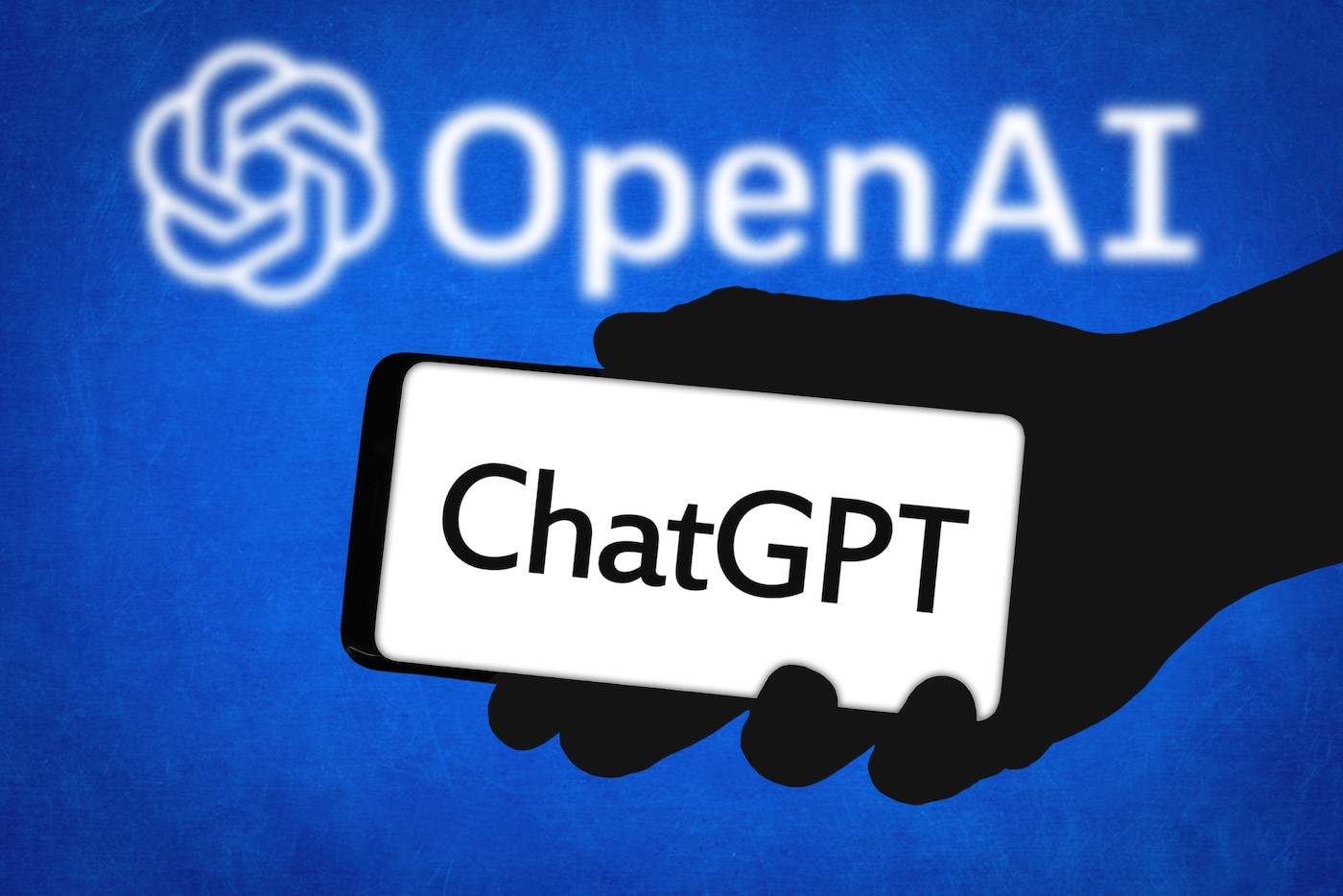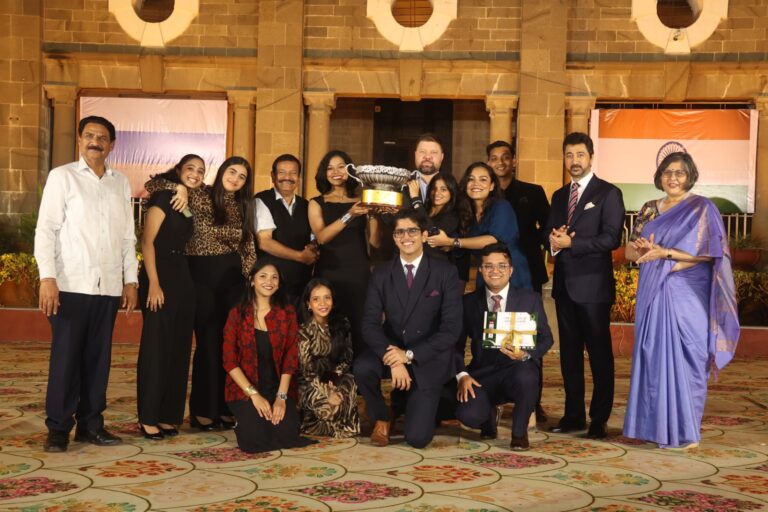
Artificial intelligence has brought remarkable progress to numerous industries. Nonetheless, it has also presented unforeseen difficulties for some individuals. Sharanya Bhattacharya, a 22-year-old student from Kolkata, recently recounted her distressing encounter with the AI chatbot, ChatGPT.
Before ChatGPT became available, Sharanya worked as a ghostwriter and copywriter for a creative solutions agency while being a student. She earned a decent monthly income of over $240 (approximately ₹20,000) by creating articles that were optimized for SEO. However, her life changed drastically when ChatGPT was introduced in November of last year.
Over time, Sharanya’s workload drastically decreased, leaving her with just one or two articles to write per month. Shockingly, her company did not provide any explanation for the sudden lack of work. She suspects that the firms that used to commission her work turned to AI-generated content to cut costs, leading to the decline in her opportunities.
The sharp decline in income has significantly impacted Sharanya’s life and that of her family. She relied on her earnings to support herself and her 45-year-old mother, who sells sarees. With the reduced cash flow, they have been forced to cut back on essential expenses. The family now monitors their food consumption and limits activities they once enjoyed, like eating out.
The uncertain financial situation has left Sharanya anxious and facing potential unemployment. As she tries to balance her studies and livelihood, the sudden change in her professional prospects has taken a toll on her emotional well-being, leading to anxiety and panic attacks.
Sharanya believes that there is a significant difference between human-produced and AI-generated content, and she urges companies to consider the real impact of mass job cuts on human workers. She hopes for a future where AI and human copywriters can work together synergistically to produce better results.
The story of Sharanya Bhattacharya highlights the challenges and complexities brought about by technological advancements like ChatGPT. While AI undoubtedly brings efficiency and innovation, businesses and society need to consider the consequences on individuals whose livelihoods are impacted. Striking a balance between AI integration and preserving human jobs will be critical for a sustainable and equitable future.





